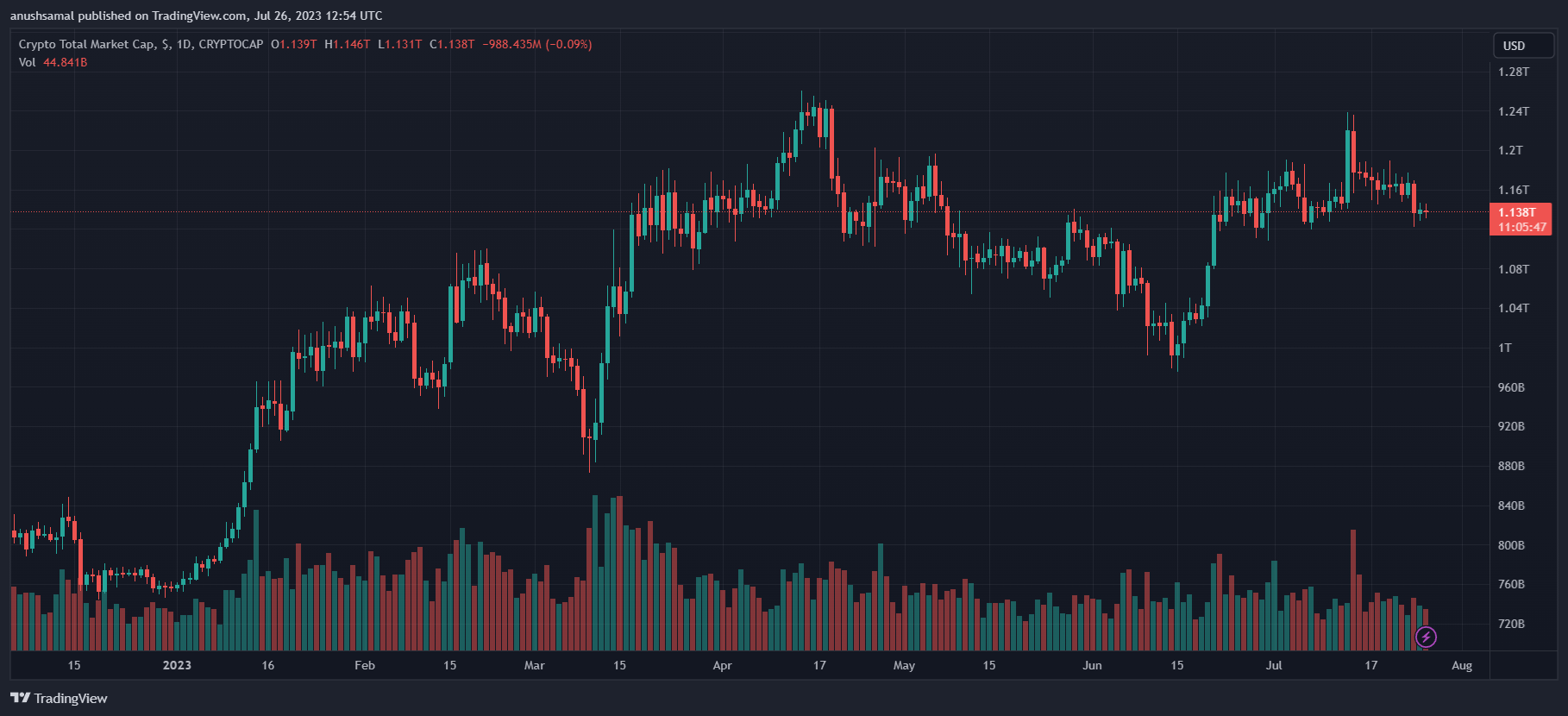In recent times, there has been a noticeable decrease in conventional ransomware attacks, as various enterprises have opted against paying ransom. However, cryptojacking still presents a significant threat.
Cryptojacking is a cyberattack where malicious actors hijack others’ devices to secretly use their computing power for mining cryptocurrencies without their consent or knowledge. And according to a new report from cybersecurity firm SonicWall, cryptocurrencies are still being exploited as a means to extort victims.
The SonicWall Mid-Year Cyber Threat Report reveals the changing tactics of digital threat actors, who now opt for different types of malicious attacks compared to previous years. According to SonicWall, cyberattacks have seen a significant global increase of 399% in the past 12 months.
SonicWall EMEA vice president Spencer Starkey stated:
This nefarious practice has become the new modus operandi for hackers, as organizations increasingly refuse to pay ransoms.
Related Reading: SlowMist Security Researcher Reveals Crypto Phishing Attack Exploiting Apple Device 2FA
In the initial half of 2023, there has been a 332.3 million increase in instances of cryptojacking attacks as documented. Simply put, it surpasses the cumulative count of cryptojacking attacks that transpired throughout the years 2020, 2021, and 2022.
Cybercriminals Embrace Discreet Tactics In Their Attacks
The data from SonicWall also indicated that cybercriminals have shifted toward this more discreet method due to heightened law enforcement activity and stringent sanctions.
SonicWall CEO Bob VanKirk said:
Threat actors are relentless, and our data indicates they are more opportunistic than ever, targeting schools, state and local governments, and retail organizations at unprecedented rates.
For instance, victims of cryptojacking often remain unaware of the attack as the perpetrators can operate undetected. Affected individuals may only notice their machines running slower than usual without realizing they have become participants in cryptocurrency mining schemes.
The most significant symptoms of cryptojacking include slower device response, unexpectedly higher electricity bills, and excessive fan usage due to overheated batteries.
Cryptojacking Persists Despite Bitcoin Price Fall
SonicWall’s research suggests that even though one might assume declining Bitcoin prices would prompt malicious actors to shift their criminal activities to other areas, the market downturns have had the opposite effect. Instead of deterring cybercriminals, the number of attacks has surged during such times as criminals intensify their efforts to achieve the same profits amid falling prices.
Additionally, the data indicates that malicious individuals are actively seeking more cost-effective and lower-risk methods to make quick profits.
According to SonicWall’s midyear report, the countries most impacted by cryptojacking were the US, Denmark, Germany, France, and the United Arab Emirates. Perhaps even more significant is the fact that the entire Europe region experienced a staggering 788% surge in the number of such incidents.










